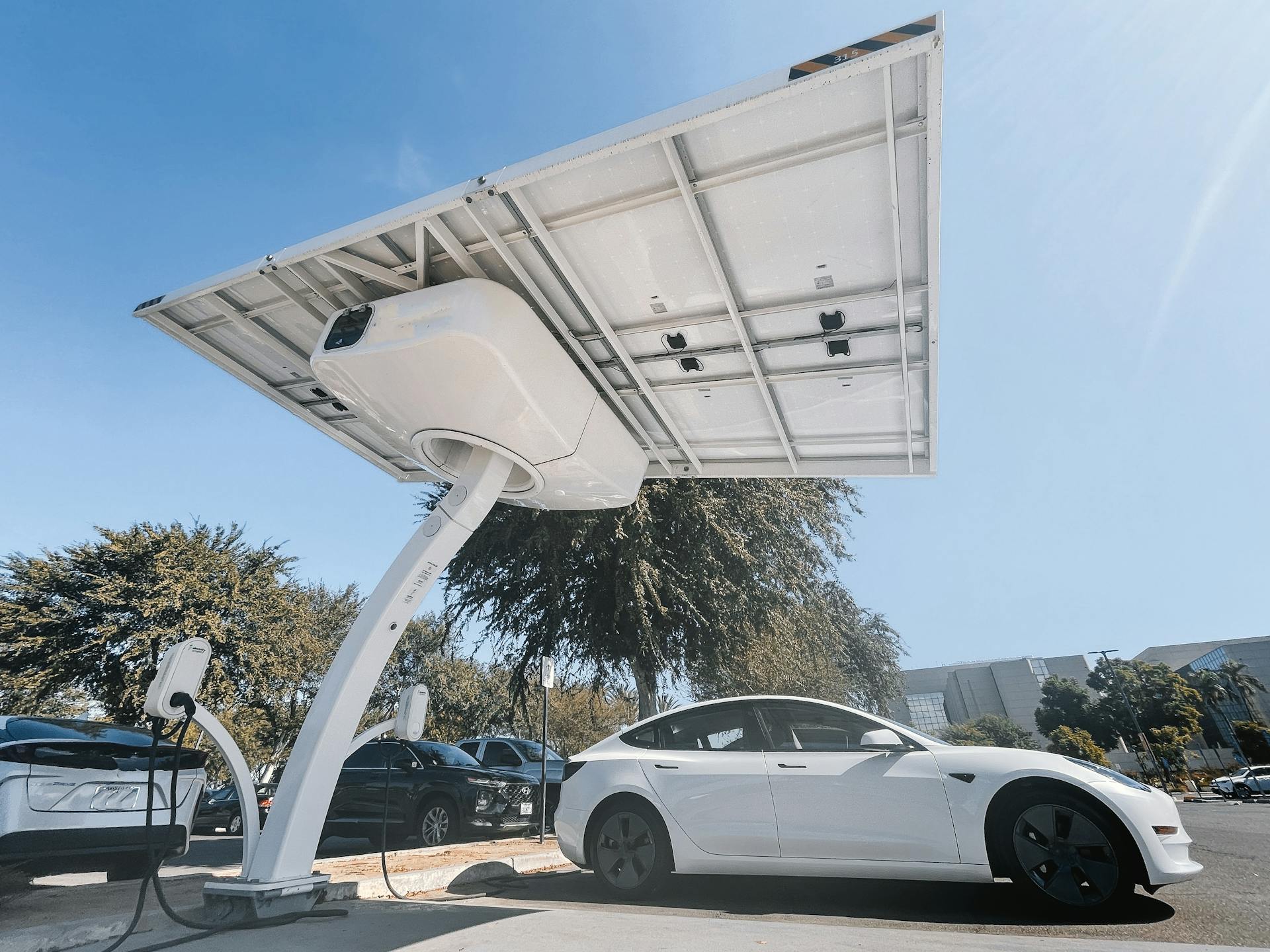Car demand is expected to experience a sluggish recovery across the eurozone, according to the European Central Bank (ECB), whose latest report was based on it Consumer Expectations Survey (CES).
These findings come amidst Cyprus’ own vehicle market exhibiting a clear acceleration towards electric and hybrid models.
The ECB highlighted that the car sector remains crucial, accounting for around 10 per cent of manufacturing value added and close to 2 per cent of real GDP.
Despite this importance, new passenger car registrations and production volumes in the second quarter of 2025 were still around 20 per cent and 30 per cent below their early-2018 levels respectively.
The survey, which collected data in July 2025, found that economic and financial uncertainty is a major factor weighing on future car purchasing decisions, especially among low-income households.
“The elevated economic and financial uncertainty is likely to weigh on future car purchasing decisions, particularly among low-income households,” the authors wrote, suggesting that any rebound in car demand may be slow.
The composition of sales indicates that consumers are favouring used cars over new ones.
Over the 2021-2024 period, the annual share of respondents reporting a car purchase ranged between 6 per cent and 7 per cent.
In July 2025, 53 per cent reported buying a second-hand car, compared to 47 per cent buying a new one.
Concerns about depreciation were the main reason for buying a used car, cited by 22 per cent of second-hand buyers. For low-income households, limited access to affordable financing options was the key obstacle, cited by 27 per cent of that group.
Regarding powertrain, the transition to full electrification remains gradual in the eurozone.
The vast majority of second-hand purchases were internal combustion engine (ICE) cars (70 per cent).
Furthermore, among respondents planning to buy a car within the next year, there was higher demand for ICE cars (42 per cent) and hybrids (41 per cent) than for fully electric vehicles (16 per cent).
The ECB noted that households’ limited interest in fully electric vehicles “indicates that the transition to electrification is likely to continue to be gradual.” The survey did show, however, that 81 per cent of those planning to buy a car preferred a vehicle to be from an EU country.
In contrast to the eurozone’s uncertainty, data released by the state statistical service (Cystat) for the first ten months of 2025 confirmed a continued upward trend in Cyprus’ vehicle market, driven largely by the growing appeal of low-emission and hybrid technologies.
Overall motor vehicle registrations in Cyprus rose by 4.2 per cent, reaching 44,732, compared with 42,930 in the corresponding period of 2024.
Passenger saloon cars, accounting for 34,782 of these, saw a 4.0 per cent increase.
Cystat highlighted a clear shift in consumer preference toward more environmentally friendly options.
The share of petrol-powered passenger cars fell sharply to 42.5 per cent (down from 49.5 per cent in 2024), and diesel cars declined to 8.6 per cent (down from 10 per cent).
Simultaneously, electric cars rose from 3.8 per cent in 2024 to 4.8 per cent in 2025, while hybrid cars jumped from 36.7 per cent to 44.1 per cent.
This marked a notable milestone for Cyprus, as nearly half of all new passenger saloon cars registered so far this year have been hybrid or fully electric models.
Other categories also saw growth, including rental cars, which saw a strong rise of 33.8 per cent, and goods conveyance vehicles, which grew by 6.6 per cent.
October 2025 alone saw an 11.7 per cent increase in passenger saloon car registrations compared to the same month last year.






Click here to change your cookie preferences